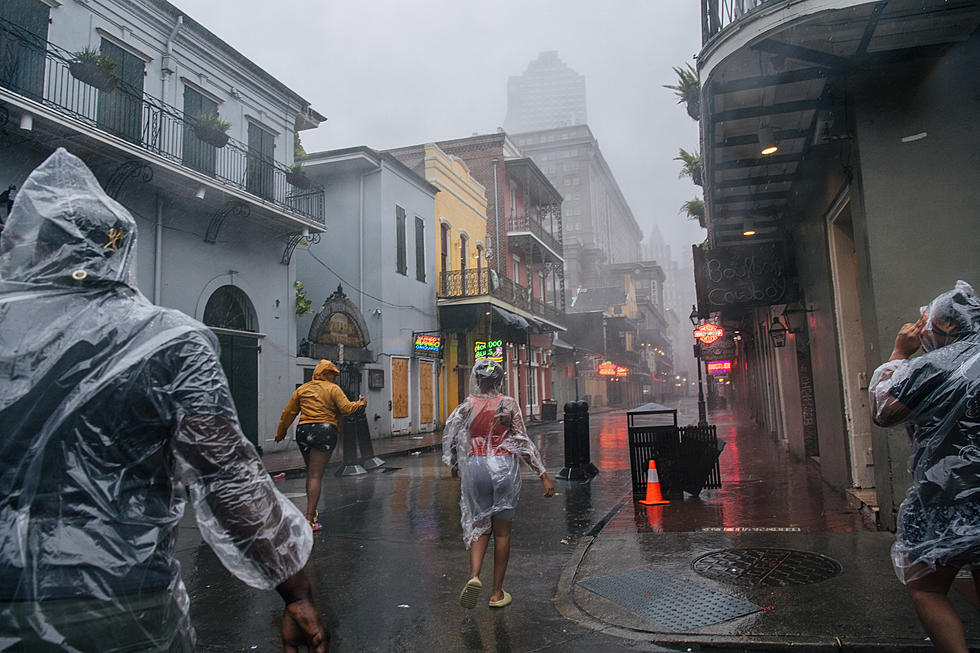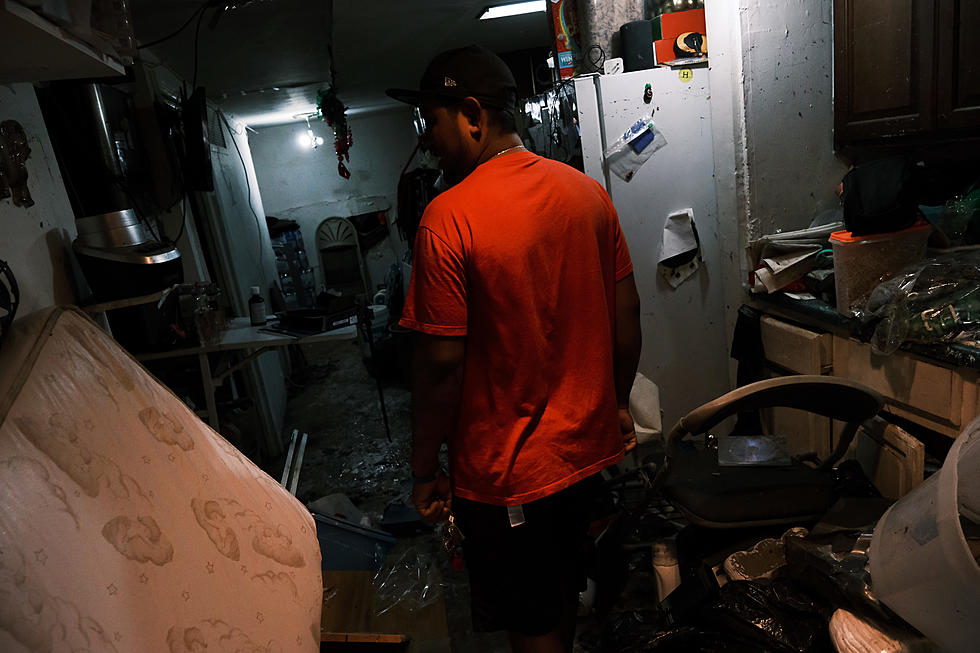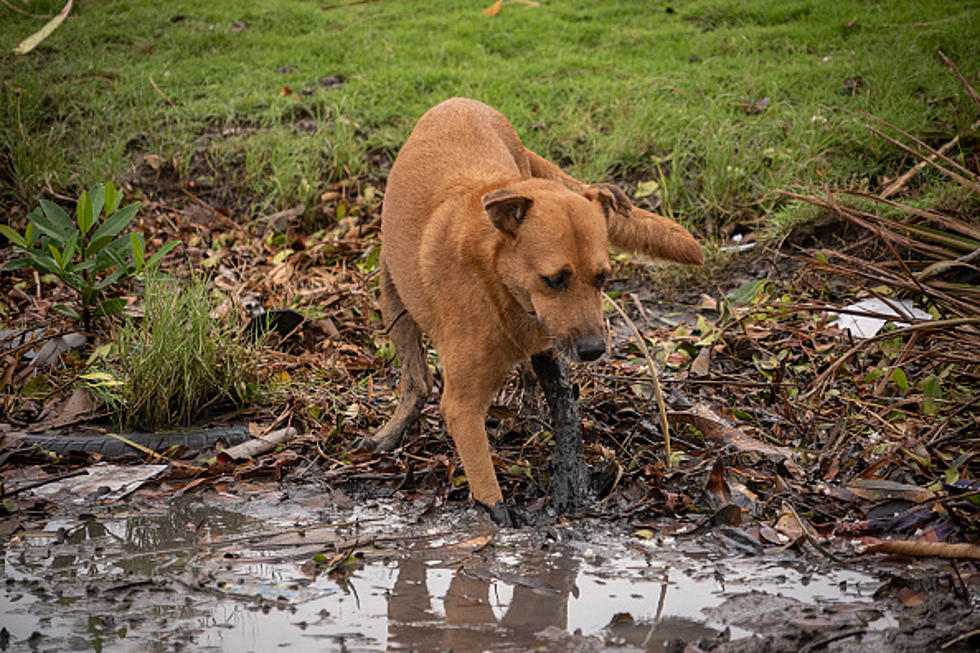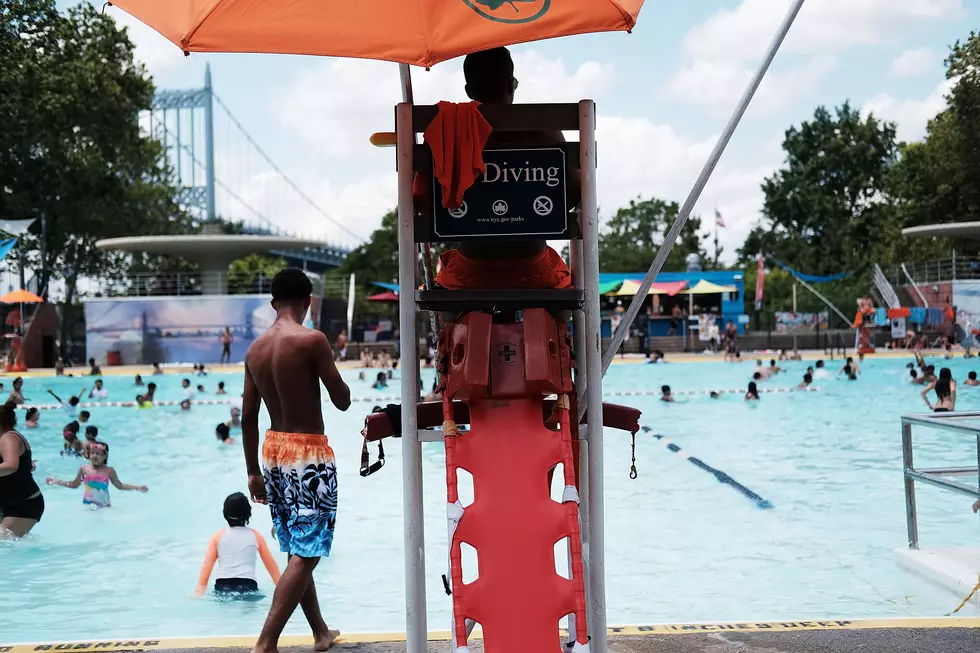
WNY Red Cross Members Head To Louisiana For Hurricane Help
As of Sunday, people from Western New York are deploying with the Red Cross to help Hurricane Ida victims in Louisiana.

According to NEWS 4 (WIVB-TV) local officials with the RedCross tell us they plan to send more people south as the need for relief increases.
"Currently there is no backup power to operate any of those that were impacted," the Sewage and Water Board of New Orleans said in a statement to CNN. "We are assessing how many of the 84 stations are impacted but the number may be very significant."
The Red Cross is now looking for additional volunteers to help not only nationally with Hurricane Ida, but also to assist with disasters here in the Western New York area.
“We certainly have an ongoing need for trained volunteers, especially as we’re in the midst of a response to Hurricane Ida, and it’s still very early in what we call our disaster season,” said Meg Rossman, regional communications manager, American Red Cross WNY Region.
If you’re interested in volunteering, the Red Cross is holding a recruitment drive Monday (today), from 3 p.m. to 7 p.m. at the organization’s Delaware Avenue location.
LOOK: The most expensive weather and climate disasters in recent decades
KEEP READING: Get answers to 51 of the most frequently asked weather questions...
LOOK: What are the odds that these 50 totally random events will happen to you?
More From 93.7 WBLK









